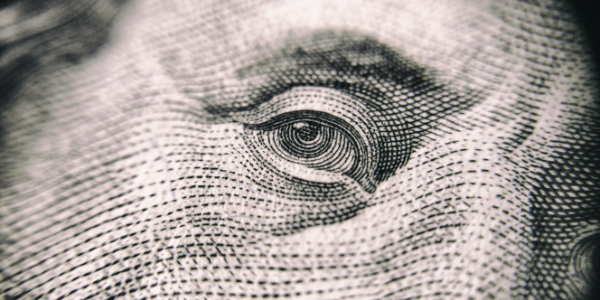 Photo by Vladislav Reshetnyak from Pexels
Photo by Vladislav Reshetnyak from Pexels
The monthly payment on my mortgage without PMI is $1,639.01.
Step 2: What's my effective rate? N: 360 (It's a 30-year mortgage) I/YR: (This is what I'm trying to find) PV: 365,000 (I borrowed $365,000) PMT: -1,939.01 (This is my $300 PMI payment added to my $1,639.01 mortgage payment) FV: 0 (It amortizes fully)The increased payment due to PMI brings my effective interest rate up to 4.91%, nearly one and a half percentage points higher than the rate my bank is charging me.
I'm not a fan of PMI for many reasons, and this is one of them - it makes your mortgage more expensive, which means that it's more likely that you'll default on the payments, which is the exact thing PMI is supposed to insure against. Sometimes, though, accepting PMI is the only way to get a mortgage - saving up a huge down payment is time-consuming and difficult, and during the time you're doing it, you'll still want to have a place to live. So paying PMI can be considered to be a necessary evil, unavoidable as it sometimes is.What do you think? Would you bite the bullet and get the loan with PMI attached in order to get into a house? Or would you tough it out as a renter for several more years until you've pulled together enough for a big enough down payment that you wouldn't have to pay PMI? Or would you choose a third option? Let us know in the comments!